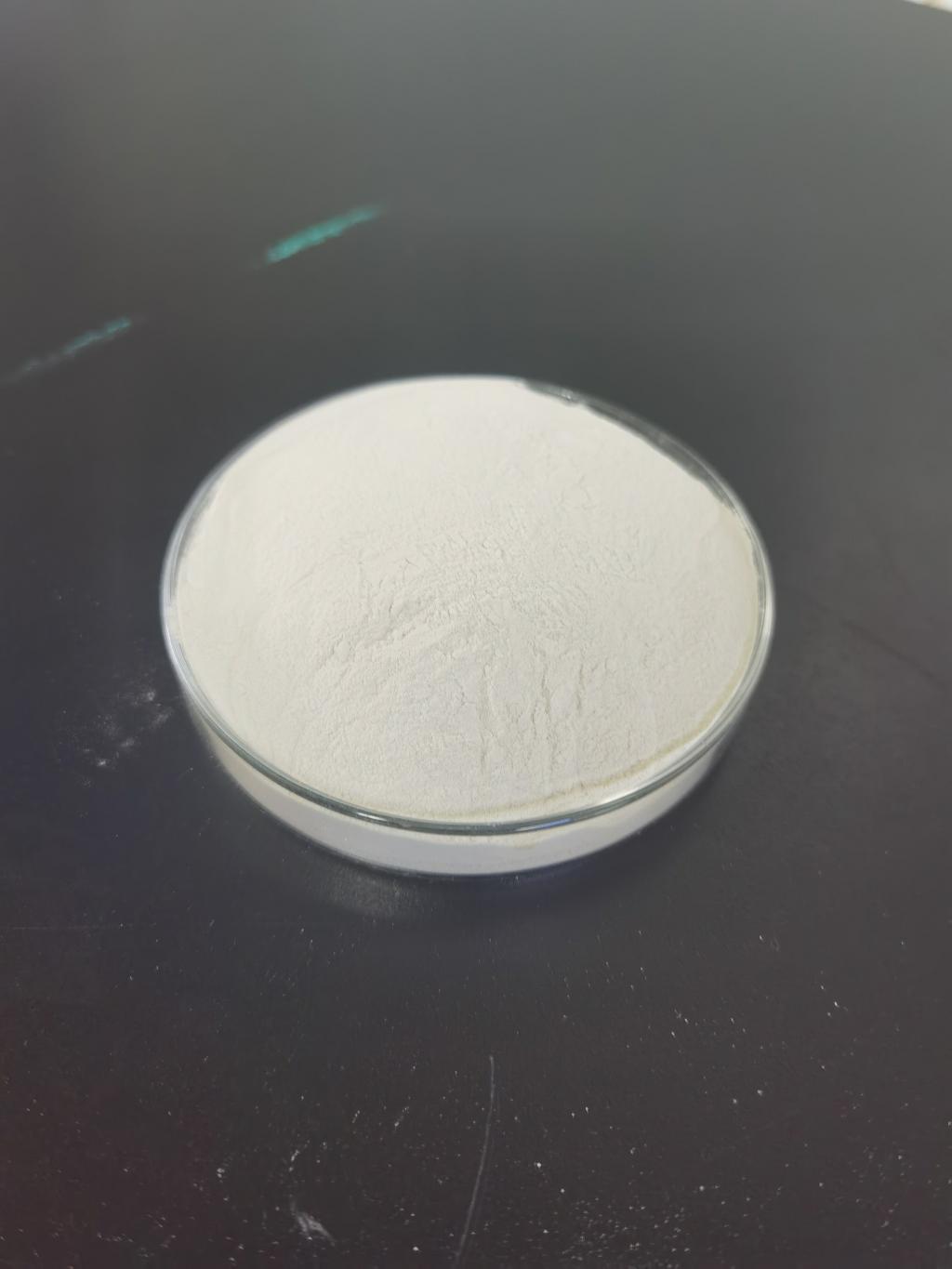Tel:+8618231198596

News
 CONTACT
CONTACT
 CONTACT
CONTACT
- Linkman:Linda Yao
- Tel: +8618231198596
- Email:linda.yao@dcpharma.cn
- Linkman:CHARLES.WANG
- Department:Overseas
- Tel: 0086 0311-85537378 0086 0311-85539701
News
Has Nisin shown any potential for use in controlling microbial contamination in restaurants?
TIME:2023-07-07
Introduction:
Foodservice establishments and restaurants play a crucial role in providing safe and nutritious meals to consumers. However, the risk of microbial contamination and the subsequent foodborne illnesses remains a constant challenge. Controlling microbial growth in these settings is essential to ensure food safety, quality, and customer satisfaction. Nisin, a naturally occurring antimicrobial peptide, has emerged as a potential solution due to its unique properties and mode of action.
Properties and Mechanism of Action:
Nisin is a heat-stable, cationic polypeptide produced by certain strains of Lactococcus lactis. It possesses antimicrobial activity against a broad spectrum of gram-positive bacteria, including some foodborne pathogens such as Listeria monocytogenes and Staphylococcus aureus. Nisin acts by binding to the bacterial cell membrane, disrupting its integrity, and forming pores, leading to leakage of cellular contents and eventual cell death.
Applications in Foodservice Establishments:
3.1. Preservation of Foods:
Nisin can be used as a natural preservative to extend the shelf life of perishable foods. Its effectiveness in controlling spoilage and pathogenic bacteria makes it a valuable tool in reducing microbial contamination and maintaining food quality during storage and transportation.
3.2. Surface Sanitization:
Contamination of food contact surfaces is a common concern in foodservice establishments. Nisin-based sanitizers have shown efficacy in reducing microbial loads on surfaces, including cutting boards, utensils, and food preparation areas. Incorporating nisin into sanitizing protocols can enhance the overall hygiene and safety of the foodservice environment.
Benefits and Challenges:
4.1. Benefits of Nisin:
Natural origin: Nisin is derived from a natural source and is considered safe for human consumption.
Broad-spectrum activity: It exhibits antimicrobial activity against a wide range of gram-positive bacteria, including many foodborne pathogens.
Heat stability: Nisin retains its antimicrobial activity even after exposure to high temperatures during cooking or food processing.
4.2. Challenges:
Limited spectrum of activity: Nisin is less effective against gram-negative bacteria, which are responsible for a significant number of foodborne illnesses.
Regulatory considerations: While nisin is generally recognized as safe (GRAS) by regulatory bodies, specific regulations regarding its use in various food products and concentrations may vary between jurisdictions.
Cost and availability: The production and purification of nisin can be expensive, limiting its widespread adoption in the foodservice industry.
Future Prospects:
Despite the challenges, ongoing research is focused on optimizing nisin's effectiveness, expanding its spectrum of activity, and developing cost-effective production methods. Combining nisin with other antimicrobials or employing delivery systems that enhance its efficacy could further enhance its potential as a control measure against microbial contamination.
Conclusion:
Nisin holds promise as a natural antimicrobial agent for controlling microbial contamination in foodservice establishments and restaurants. Its broad-spectrum activity, heat stability, and potential for use as a surface sanitizer and food preservative make it an attractive option. However, further research and development are needed to address its limitations and ensure its safe and effective use. Implementing nisin-based interventions alongside existing food safety practices can contribute to improved microbial control and enhanced food safety in the foodservice industry.
- Tel:+8618231198596
- Whatsapp:18231198596
- Chat With Skype







